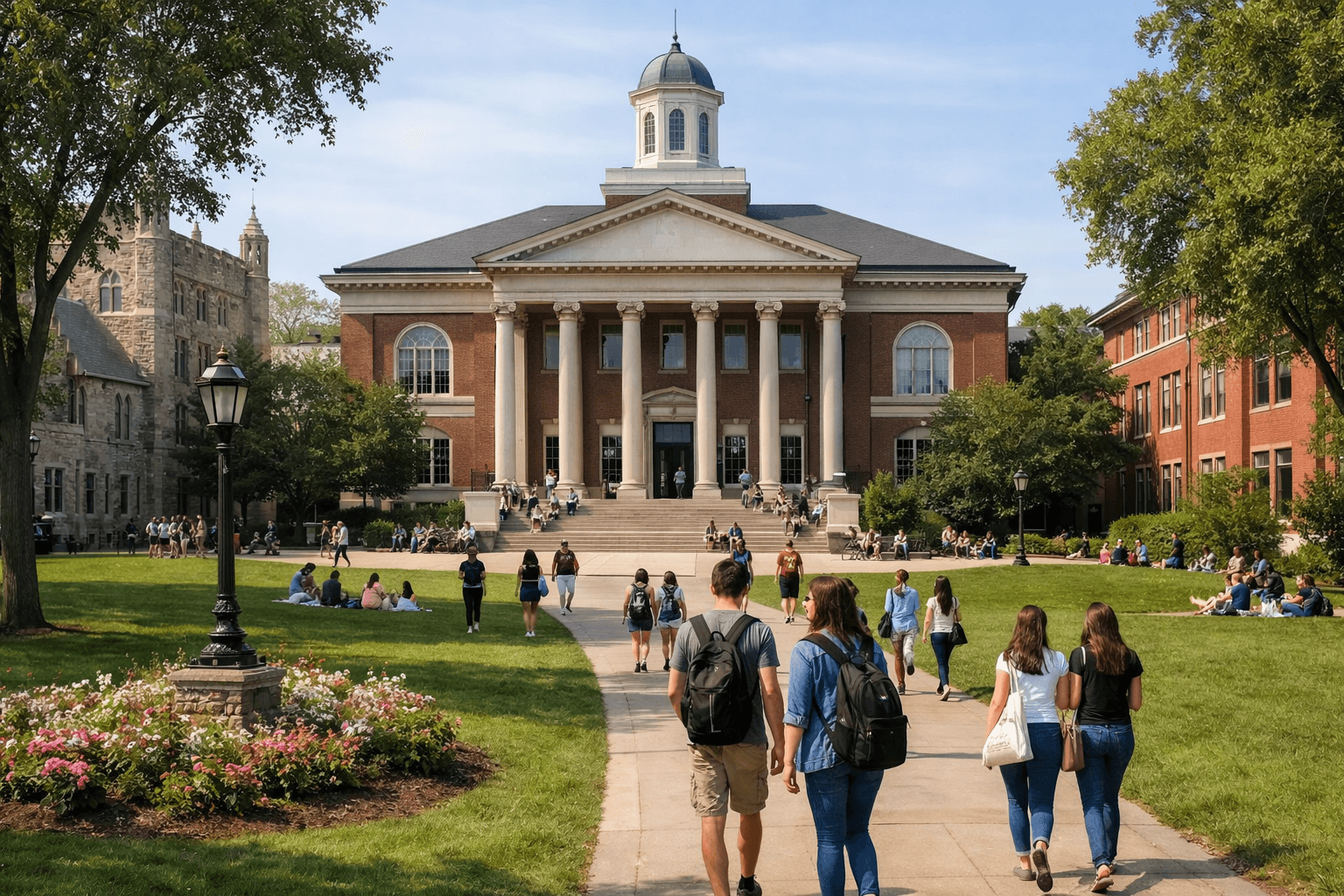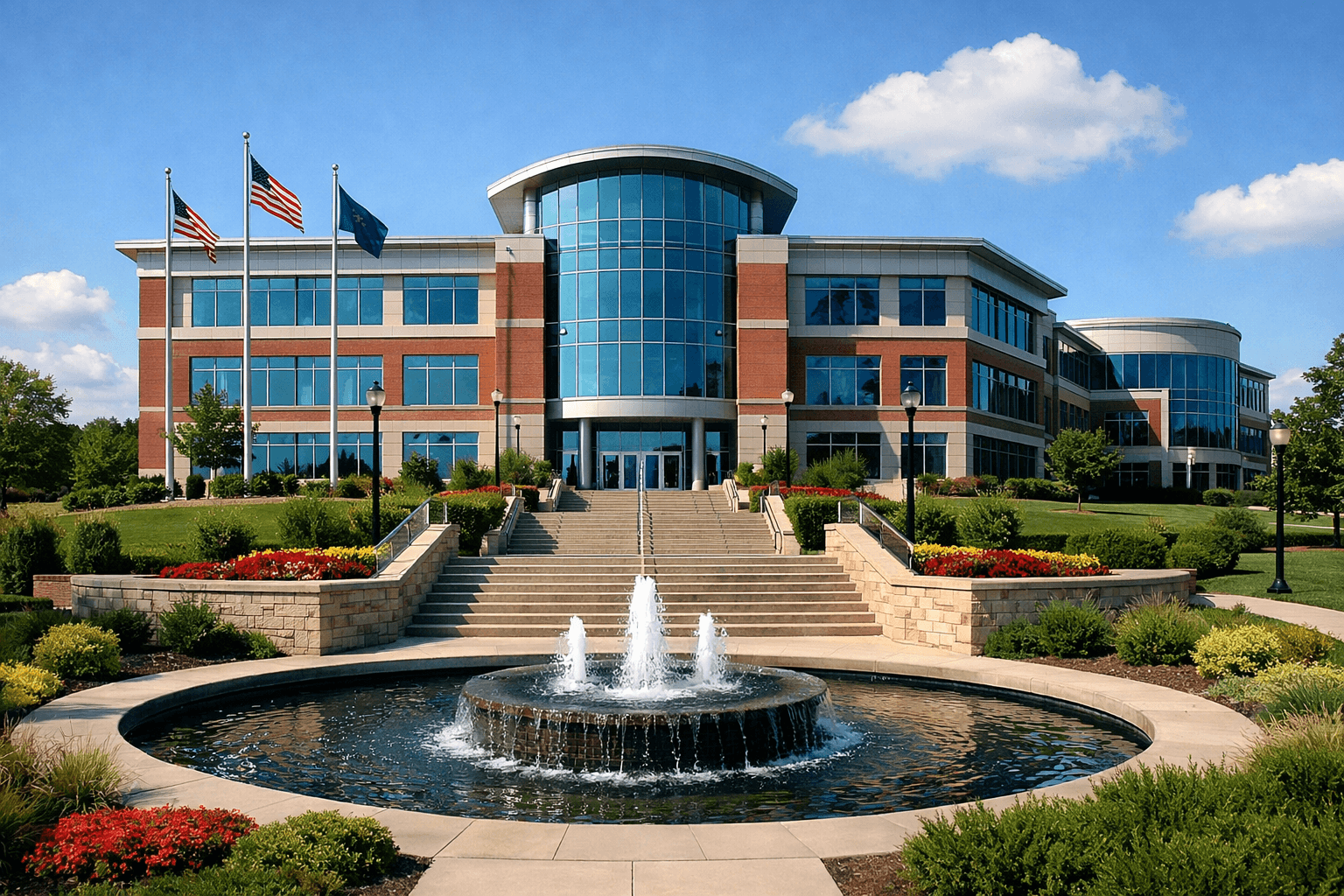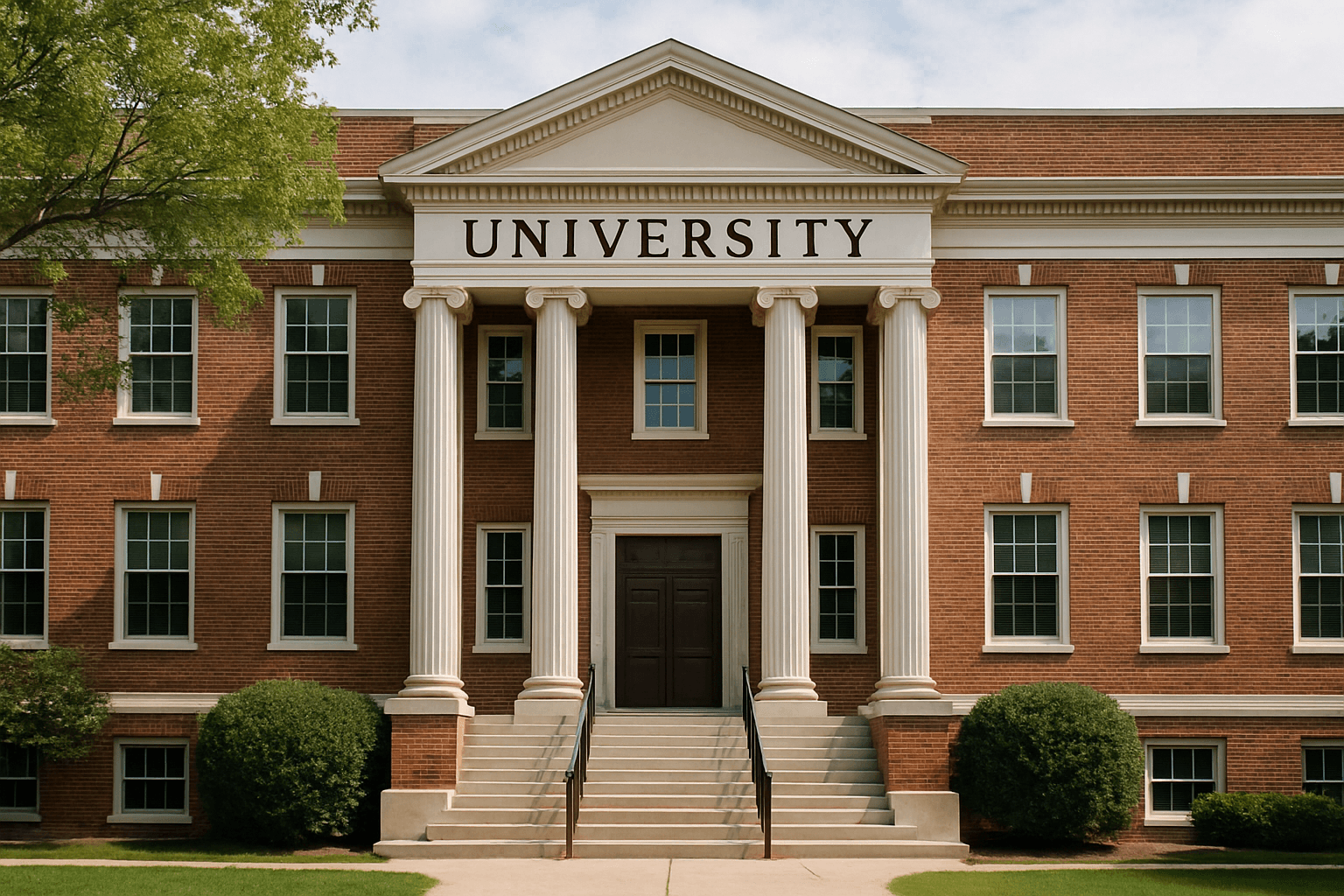Recently, Nexford hosted an insightful webinar on the topic featuring Kathleen deLaski, a renowned higher education expert and the renowned author of Who Needs College Anymore? (which you can find right here). Here’s everything you need to know about this can’t-miss discussion—and why it matters for the future of education, learners, and businesses that need impactful workers.
About the webinar
Moderated by Nexford University’s Chief Academic Officer, Jennifer L. Scott Ph.d, the 45-minute session with Kathleen deLaski explored the shifting tides of education. The conversation focused on topics such as affordability, accessible learning models, evolving workforce demands, and the role of employers in reshaping how we define college. These are challenges and opportunities that all higher education professionals, adult learners, and hiring managers should be paying very close attention to right now. Kathleen’s key message was clear: education needs to adapt to meet the needs of a changing world. She advocated expanding the concept of college to include more career-focused, flexible, and affordable learning pathways beyond traditional four-year degrees.

About Kathleen deLaski
Kathleen deLaski has carved a name for herself as a thought leader in education reform. She is the founder of the Education Design Lab, a nonprofit that helps design workforce-aligned education pathways, and she has served on numerous influential boards, from George Mason University to Harvard University’s Project on Workforce. Kathleen’s approach to education is rooted in "fixing and disrupting"—helping traditional institutions innovate while creating entirely new models of learning to meet today’s demands.
Kathleen’s recent opinion piece for The Hechinger Report is particularly relevant to the webinar's themes. Titled “It is time to expand the definition of college to include other high-quality pathways”, the article outlines five steps colleges and organizations can take to better align education with economic realities. You’ll want to read it if you’re ready to gain an in-depth understanding of her vision and get a handle on what the future is probably going to bring.
Key insights from “The Future of College” webinar
Here are the top takeaways that you should know:
1. Affordability must rule
Kathleen stressed that affordability remains the largest barrier to education access, particularly for non-traditional learners. According to Kathleen, "We must find ways to make college affordable without compromising on quality or relevance. Learners shouldn’t have to choose between education and financial stability.”
2. Shifting to skills-based pathways
Learners and employers today are favoring “just-in-time” education models that deliver skills needed for specific roles. Short-term credentials, certificates, and stackable learning pathways represent the future. Employers, as Kathleen pointed out, must collaborate with educators to create clear career pathways that meet workforce needs.
3. Breaking away from one-size-fits-all
Kathleen challenged the occasionally outdated model of four-year degrees, stating, “Learners should be able to dip in and out of education based on what they need, without being locked into a rigid model.” She highlighted the “stepladder” approach—a modular system where shorter learning segments build into more advanced credentials.
4. Relevance and return on investment (ROI) are key
Students increasingly prioritize education that leads to tangible outcomes, like securing better jobs. Kathleen emphasized that institutions need to ensure their offerings align tightly with today’s world of work.
Nexford University, for example, designs its competency-based curriculum to fill this gap by focusing on skills that are directly relevant to the global workplace specifically because of this need.
5. The role of employers
Employers aren’t just hiring talent—they’re becoming active participants in reshaping education. Through partnerships with education providers (like with Nexford), modern employers are integrating real-world applications into learning experiences. Kathleen cited examples like Amazon’s "Career Choice" program, which provides its employees with industry-specific credentials.
Rewatch the webinar anytime
Couldn’t make it to the live event? You can still catch all of Kathleen’s thought-provoking insights by watching a recorded version of the webinar.
How Nexford University is helping shape the future
At Nexford University, we’re dedicated to building the future Kathleen described—a future where education is accessible, affordable, and designed to meet real-world challenges. Our online, competency-based programs ensure learners acquire the skills employers want, without accumulating debt.
Manageable, budget-friendly tuition: Pay less without sacrificing quality. Our monthly payment model saves learners money while giving them the flexibility they need to make education and up-skilling a part of their lives.
Workplace-driven skills: From business analytics to digital transformation, Nexford’s programs are laser-focused on employer-aligned outcomes. If you’ll need to do it at work, Nexford can help show you how.
Stackable pathways: Don’t stop with one course. Build certifications and degrees gradually, aligned with your career goals.
When you’re ready to align your education with your career goals, start by learning more about our programs and by keeping up with our upcoming events. We’ll see you in class.
Subscribe to our newsletter
Don't miss out on our latest updates.
Unlock Your Potential: Explore Our Programs
Invest in yourself and your future. Discover our range of degrees, courses, and certificates to achieve your goal







